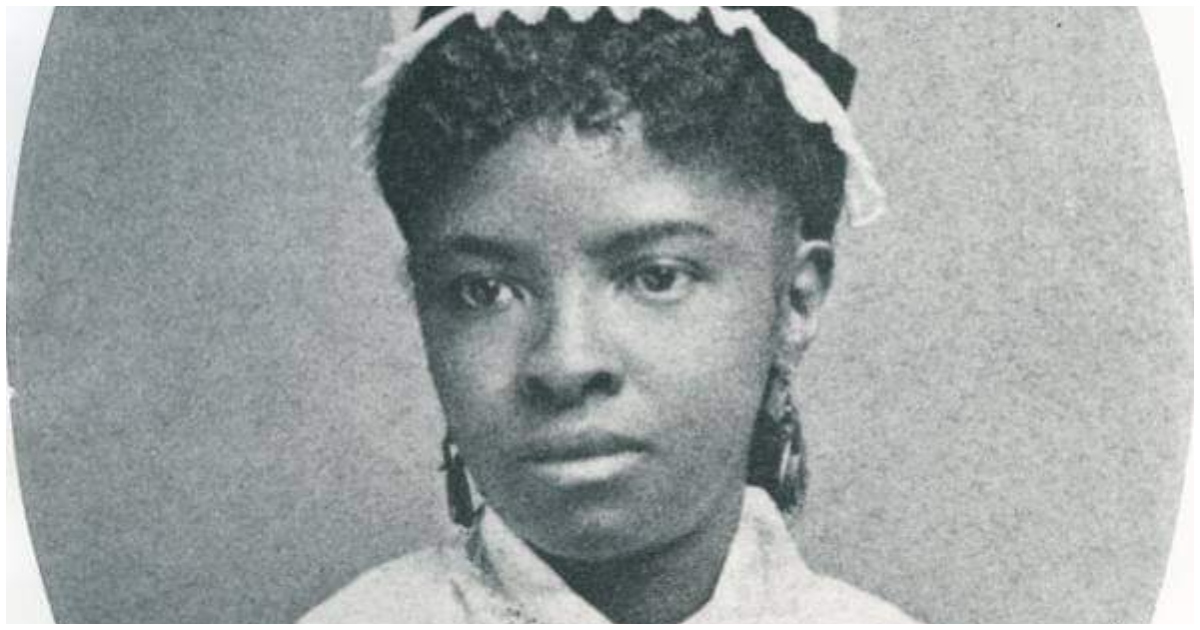Mary Eliza Mahoney broke barriers in American healthcare history. Her graduation from the New England Hospital for Women and Children in 1879 marked her as the first Black professional nurse in America. Mahoney’s journey from humble beginnings to nursing pioneer paved the way for future generations of Black healthcare professionals.
Mary Mahoney’s Early Life: From Freed Slaves’ Daughter to Nursing Pioneer
Born in 1845 in Dorchester, Massachusetts, Mary Eliza Mahoney was the daughter of freed slaves from North Carolina. At age ten, she attended the integrated Phillips School in Boston. There, she studied morality, humanity, history, and math.
Mahoney’s early education likely sparked her interest in nursing. The emergence of nurses during the American Civil War further inspired her career choice. Her motto, “Work more and better the coming year than the previous year,” reflected her dedication to continuous improvement.
The Journey to Nursing: From Janitor to Graduate Nurse
Mahoney’s path to nursing was far from easy. As a teenager, she began working at the New England Hospital for Women and Children. For fifteen years, she performed various roles including janitor, maid, cook, and washerwoman.
In 1878, at age 33, Mahoney entered the hospital’s rigorous nursing program. Out of 42 students, she was one of only four to graduate. This achievement made her the first African American woman to graduate from an American nursing school.
Breaking Barriers: Mahoney’s Impact on Nursing and Civil Rights
After graduation, Mahoney worked as a private duty nurse, primarily for wealthy white families. Her professionalism and efficiency helped raise standards for all nurses. This was particularly significant at a time when Black nurses often faced discrimination and limited opportunities.
Mahoney’s impact extended beyond her nursing practice. In 1896, she joined the Nurses Associated Alumnae of the United States and Canada, which later became the American Nurses Association. She also co-founded the National Association of Colored Graduate Nurses (NACGN) in 1908.
Legacy and Recognition: Honoring Mary Mahoney’s Contributions
Mahoney’s influence on nursing and civil rights continues to be recognized today. In 1936, the NACGN established the Mary Mahoney Award. This award, now given by the American Nurses Association, honors significant contributions to equal opportunities in nursing.
Further recognition came in 1976 when Mahoney was inducted into the American Nurses Association Hall of Fame. In 1993, she was also inducted into the National Women’s Hall of Fame. The Mary Mahoney Memorial Health Center in Oklahoma City, opened in 1973, stands as a testament to her enduring legacy.
Mary Mahoney: A Pioneer for Equality in Healthcare and Beyond
Mahoney’s impact extended beyond the nursing profession. After 40 years in nursing, she remained active in advancing women’s equality and civil rights. In 1920, following the achievement of women’s suffrage in the U.S., Mahoney was among the first women in Boston to register to vote.
Mary Eliza Mahoney’s life and career serve as an inspiration. Her perseverance in the face of racial and gender barriers opened doors for generations of Black nurses. Today, her legacy continues to inspire healthcare professionals and civil rights advocates alike.




